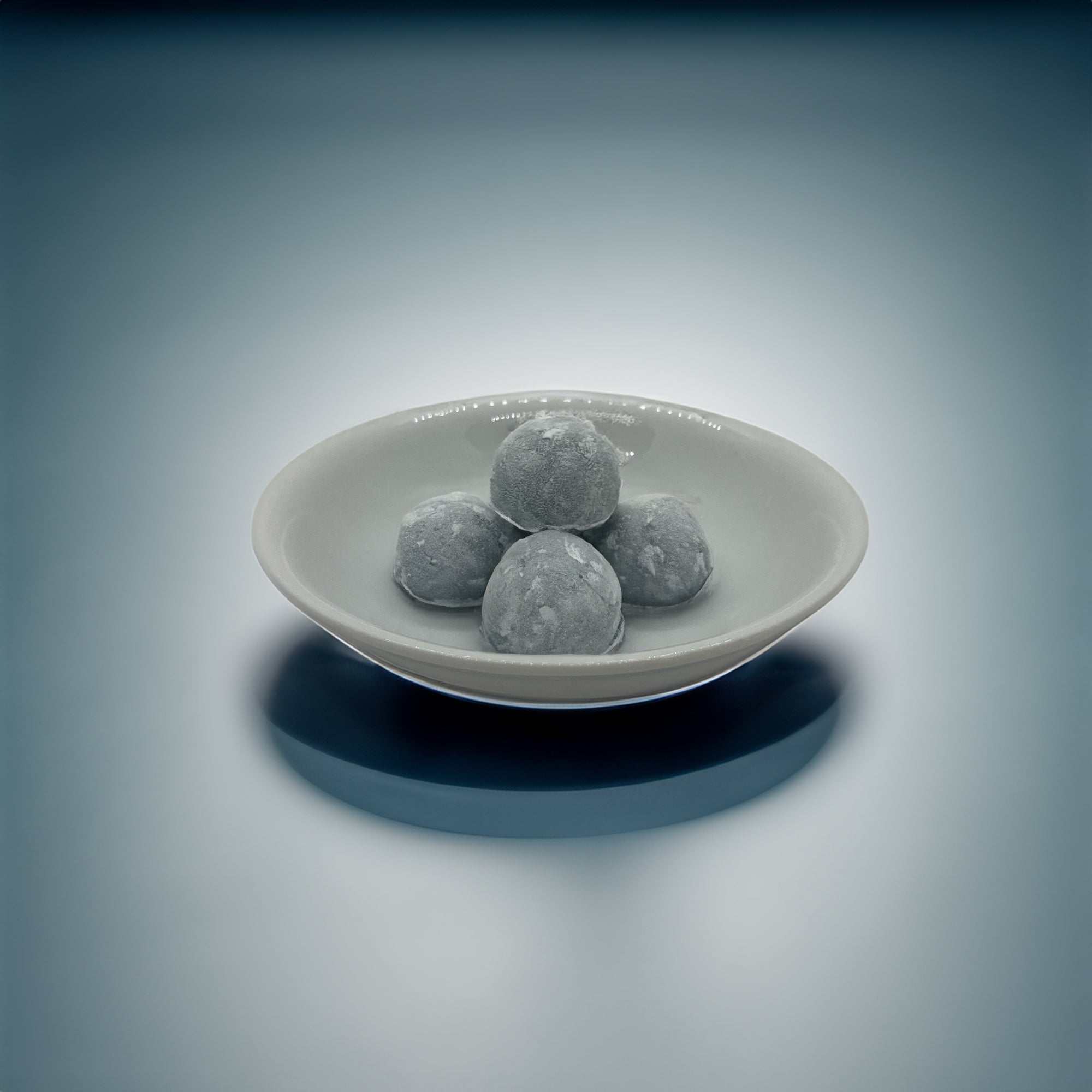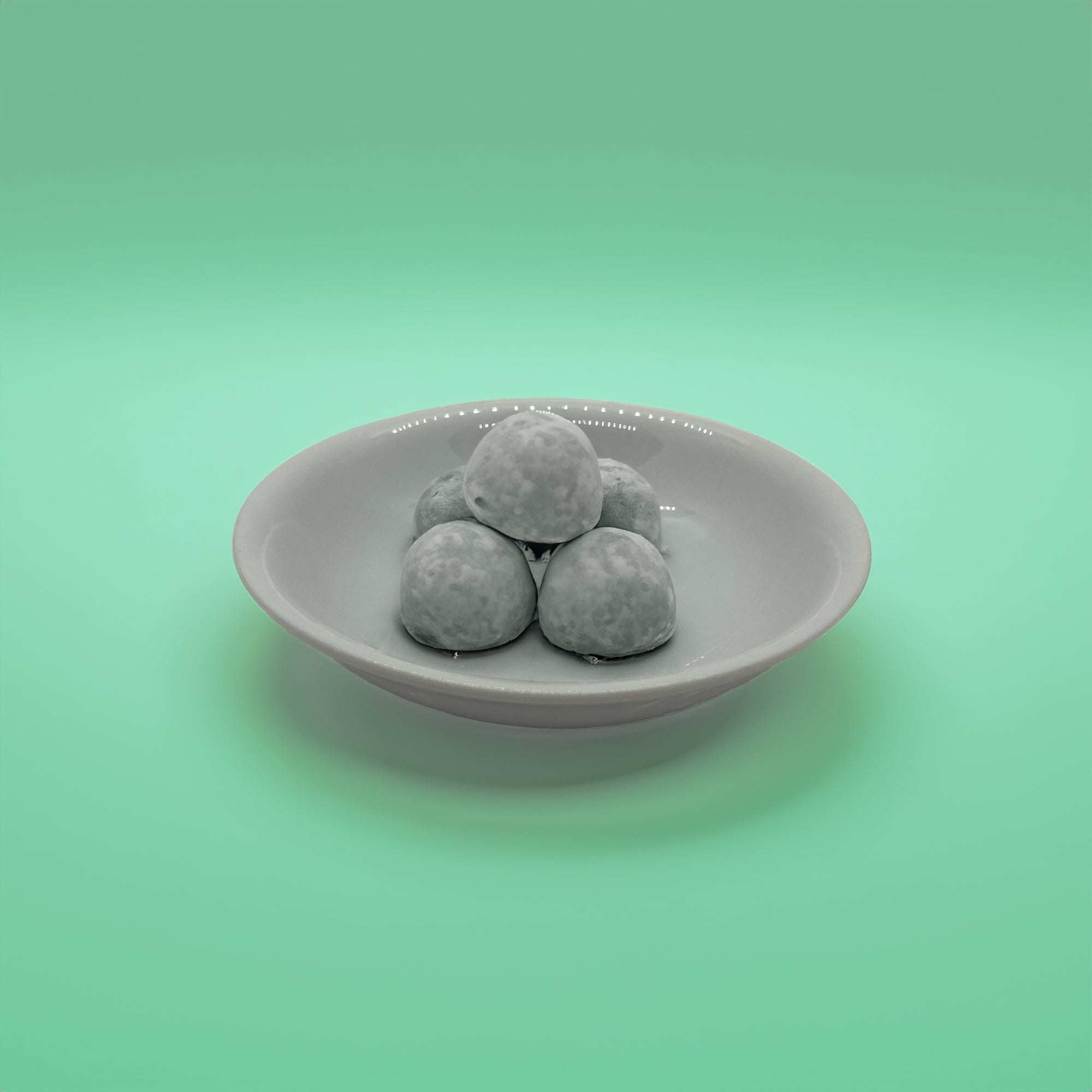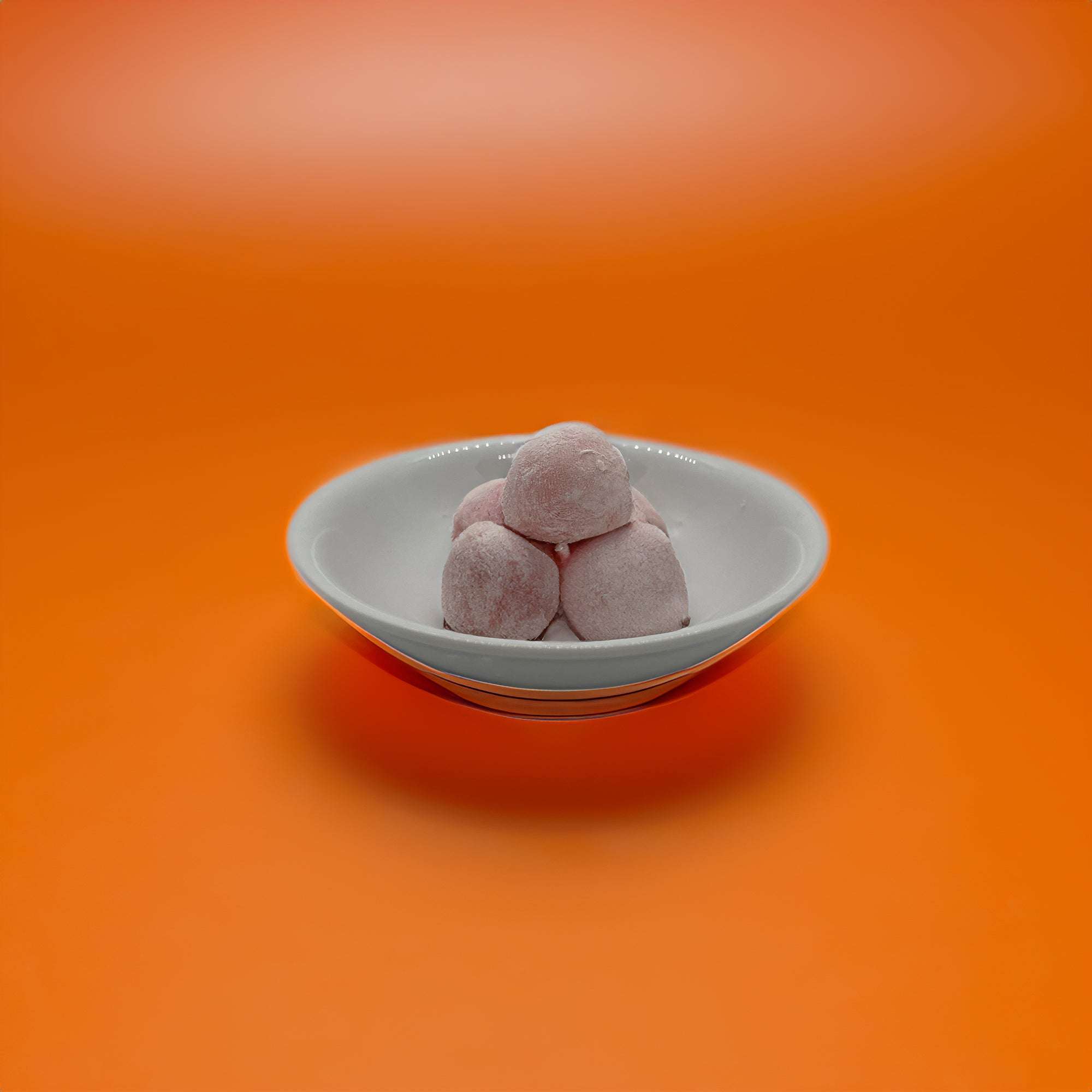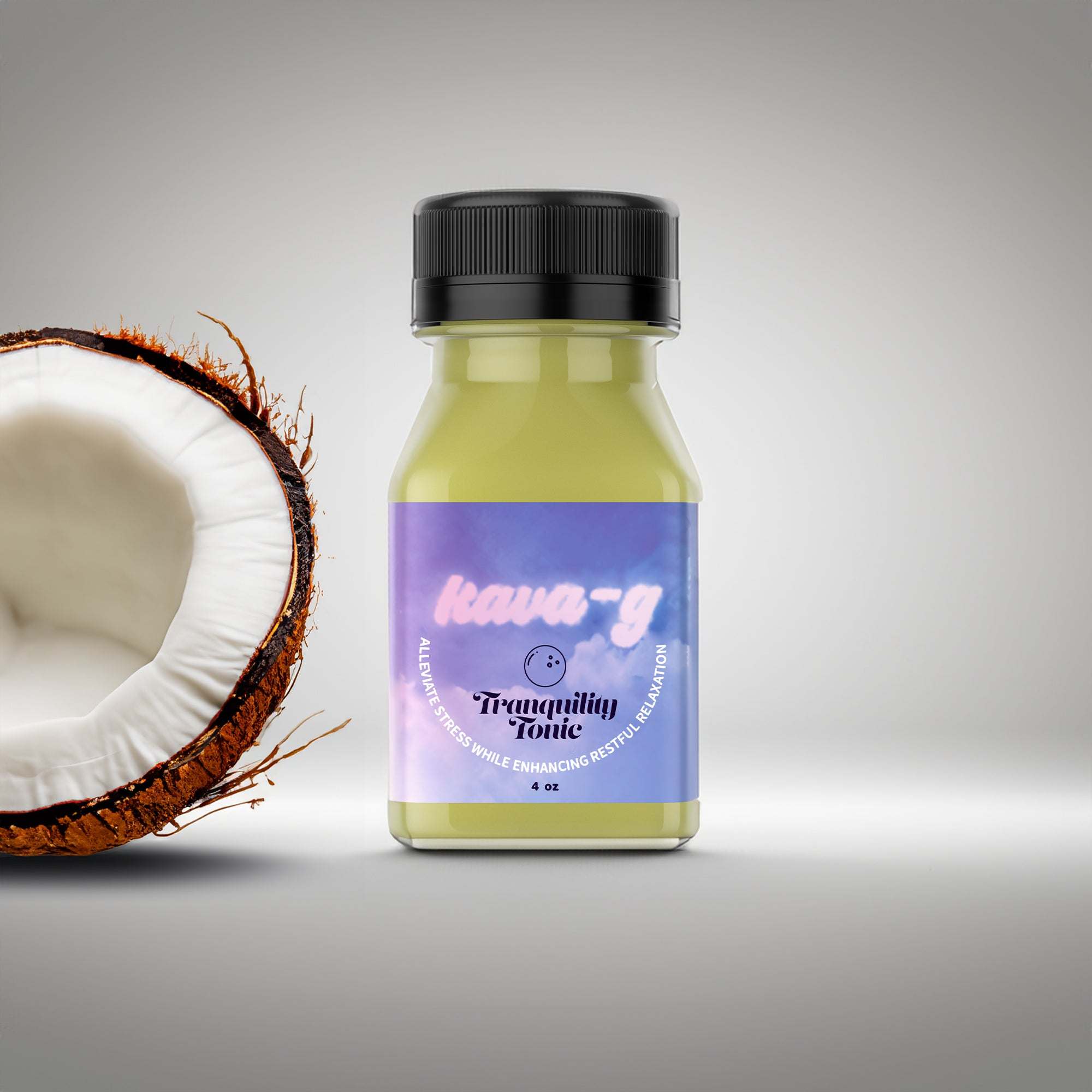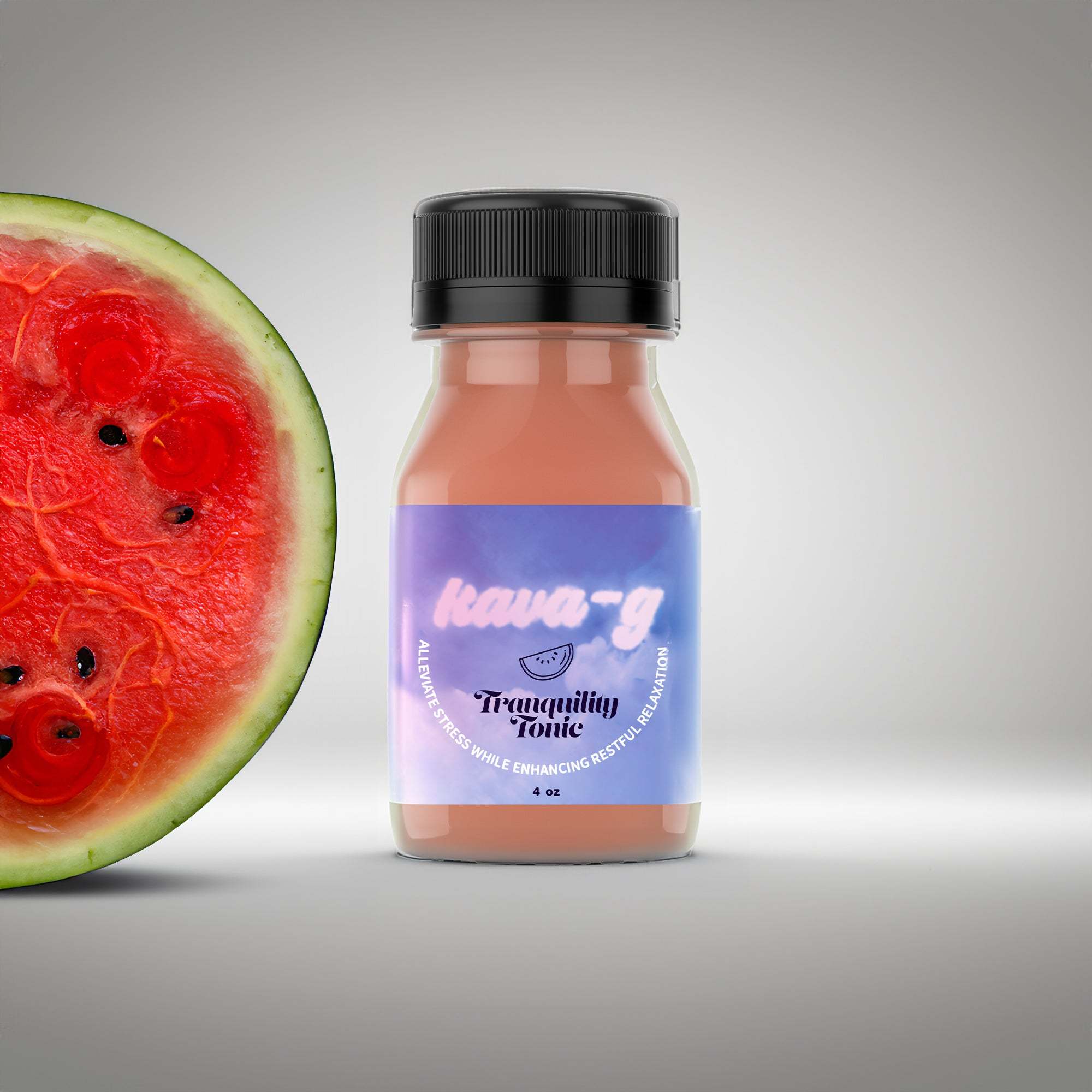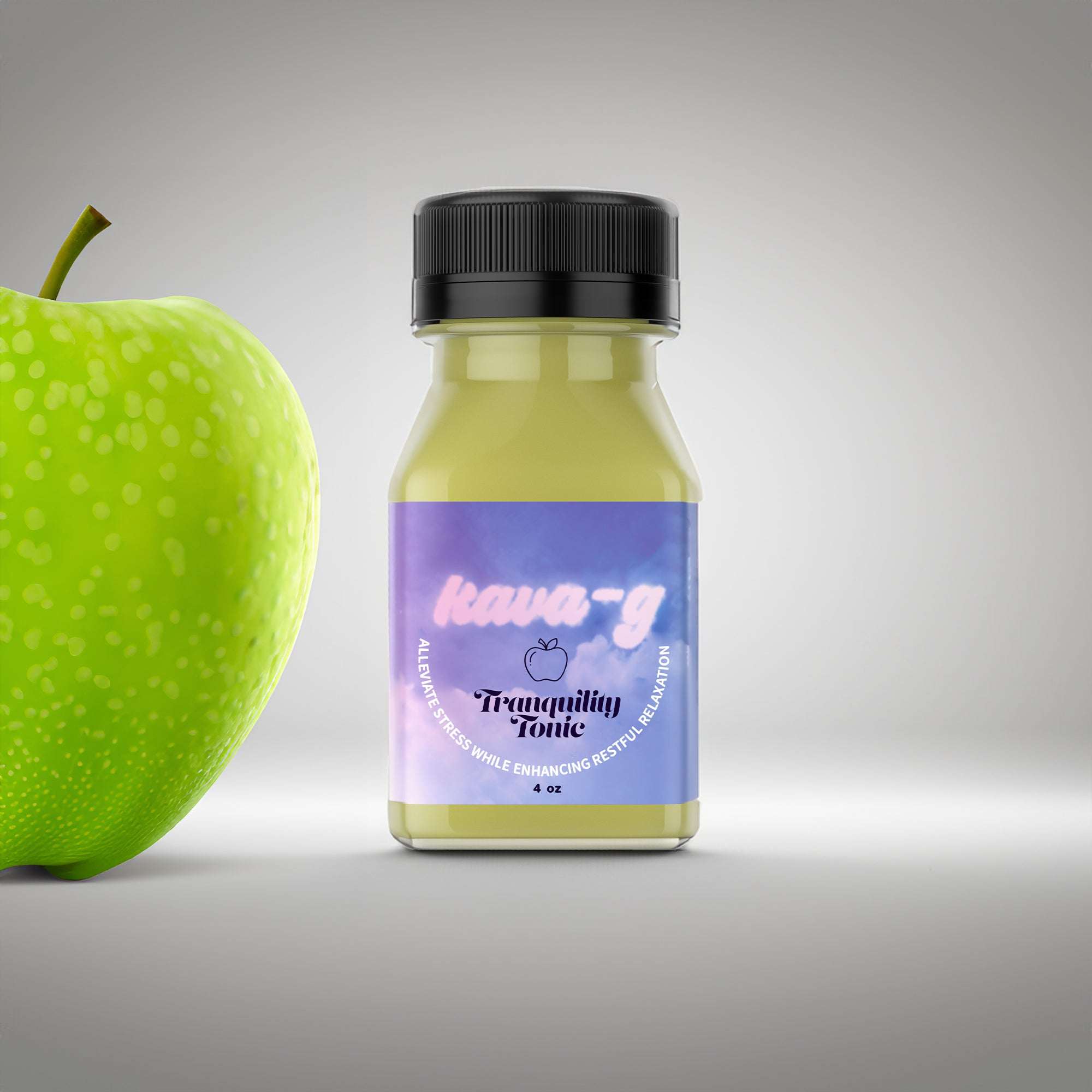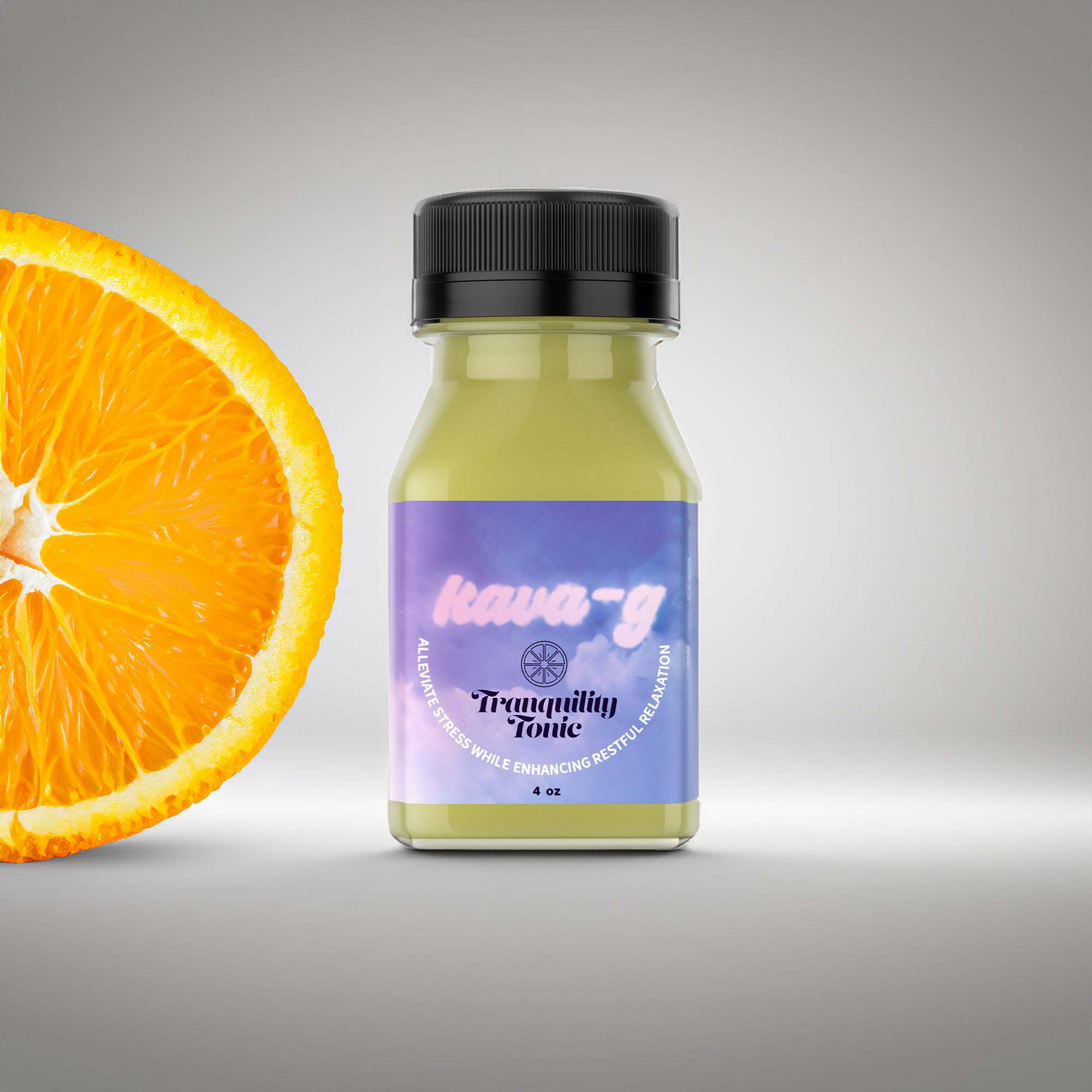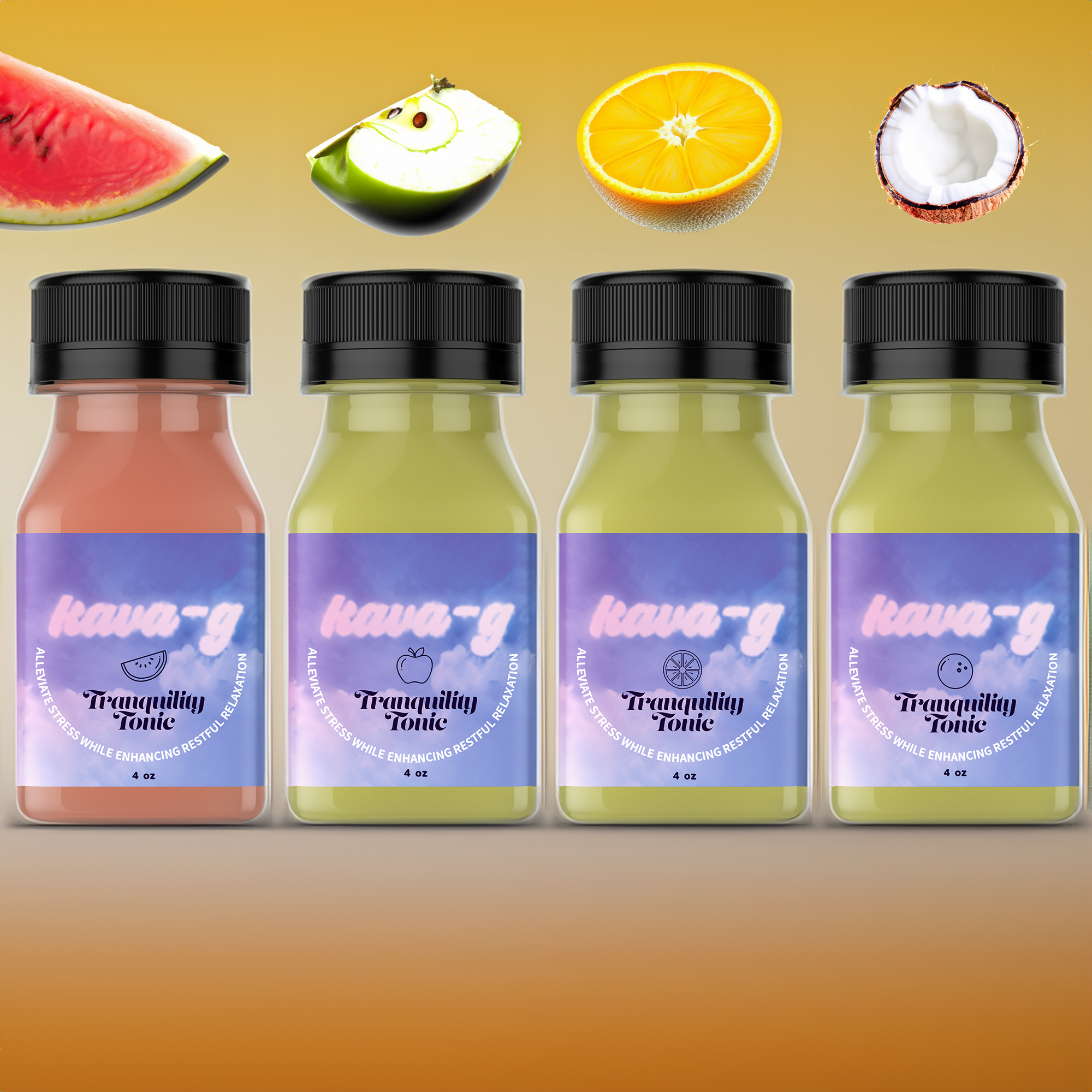

· By Shayan Alimohammadi
Kava and Its Potential Role in Reducing Inflammation
Kava, a plant native to the South Pacific islands, has been traditionally used for its calming and stress-relieving properties. However, emerging research suggests that kava may offer more than just anxiety relief—it could also play a role in reducing inflammation. Inflammation is the body’s natural response to injury or illness, but when it becomes chronic, it can contribute to a range of health issues, from arthritis and heart disease to autoimmune conditions. Could kava be an answer for those looking for natural anti-inflammatory solutions?
Understanding Inflammation
Before diving into kava’s potential benefits, it’s important to understand what inflammation is. Inflammation is a vital part of the body’s immune response. When the body detects harmful stimuli, such as pathogens or damaged cells, it triggers an inflammatory response. This involves the release of chemicals that promote blood flow to the affected area, causing redness, heat, and swelling. While short-term (or acute) inflammation helps the body heal, chronic inflammation can damage tissues and organs, leading to long-term health problems.
Kava’s Active Components: Kavalactones
The active compounds in kava that are primarily responsible for its effects are known as kavalactones. There are several types of kavalactones, and each plays a different role in the body, including promoting relaxation, relieving stress, and possibly reducing inflammation. Kavalactones interact with neurotransmitters in the brain, but recent studies suggest they may also have anti-inflammatory properties that could benefit those suffering from chronic inflammatory conditions.
Kava and Inflammation: What the Research Says
While research on kava's anti-inflammatory effects is still in its early stages, some studies have begun to explore its potential. Here's what we know so far:
-
Reduction of Pro-Inflammatory Cytokines Cytokines are signaling proteins that regulate inflammation. Some cytokines promote inflammation, while others help to reduce it. Studies suggest that kava may influence the production of pro-inflammatory cytokines, helping to reduce their levels in the body. This reduction could potentially help alleviate chronic inflammation and reduce symptoms associated with inflammatory diseases.
-
Antioxidant Activity Kava has been found to contain antioxidants, which are compounds that protect cells from oxidative stress. Oxidative stress occurs when there’s an imbalance between free radicals (unstable molecules that can cause damage to cells) and antioxidants in the body. This imbalance is a key driver of inflammation. By increasing antioxidant activity, kava may help neutralize free radicals, thereby reducing oxidative stress and inflammation.
-
Effects on Arthritis One of the most promising areas of research is kava’s potential effect on arthritis, a condition characterized by inflammation of the joints. While there’s limited human data, animal studies suggest that kava may help reduce joint inflammation and pain. Given kava’s natural calming effects, it could provide relief for individuals dealing with both the physical discomfort of arthritis and the anxiety that often accompanies chronic pain.
-
Pain Relief Through Inflammation Reduction Chronic inflammation is often accompanied by pain, particularly in conditions like rheumatoid arthritis or inflammatory bowel disease. By reducing inflammation, kava may help mitigate some of the pain associated with these conditions. Some research points to kava’s potential as a mild pain reliever, which may work in tandem with its anti-inflammatory effects.
Potential Applications of Kava for Inflammation
While kava is traditionally used for relaxation and anxiety relief, its potential anti-inflammatory properties open the door to other applications. Here are a few areas where kava could be useful:
-
Joint Health and Arthritis Relief: Individuals suffering from osteoarthritis or rheumatoid arthritis may benefit from kava’s ability to reduce inflammation in the joints. However, further research is needed to establish its effectiveness in humans.
-
Chronic Inflammatory Conditions: Conditions like inflammatory bowel disease (IBD), lupus, or psoriasis involve ongoing inflammation in various parts of the body. While kava should not replace conventional treatments, it may serve as a complementary approach for managing inflammation and related discomfort.
-
Post-Workout Recovery: Athletes or fitness enthusiasts often deal with muscle soreness and inflammation after intense workouts. Kava could potentially be used to reduce inflammation, helping with recovery and pain relief.
The Importance of Consulting a Healthcare Professional
While kava shows promise as a natural anti-inflammatory, it’s important to approach its use with caution. Kava has been associated with potential liver toxicity in some cases, especially when consumed in large quantities or in combination with alcohol. Individuals with liver conditions or those taking medications should consult a healthcare professional before using kava.
Moreover, as research is still ongoing, it’s best to view kava as a potential complementary approach to inflammation management, rather than a primary treatment. Always follow recommended dosages and ensure you are purchasing kava from a reputable source to minimize the risk of contamination or poor-quality products.
Conclusion: Kava’s Potential as a Natural Anti-Inflammatory
While best known for its stress-relieving properties, kava may offer an added benefit for those struggling with chronic inflammation. Through its effects on pro-inflammatory cytokines, oxidative stress, and pain, kava could provide natural relief for individuals dealing with conditions like arthritis or other inflammatory diseases. However, further research is needed to fully understand kava’s impact on inflammation and how it can be safely integrated into health routines.
As with any supplement, it’s essential to approach kava mindfully, consulting with healthcare providers and choosing high-quality products. With more studies on the horizon, kava could become an important part of the toolkit for those seeking natural ways to reduce inflammation and improve overall well-being.
Let me know if you need any changes or another article on a related topic!
